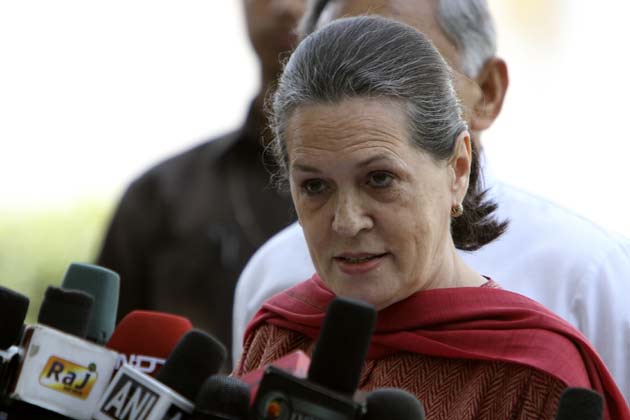
New Delhi, September 10: In the past seven years, the Congress has been the top earner among all political parties with Rs 2008 crore. It is followed by the Bharatiya Janata Party (BJP) with Rs 994 crore.
These are the figures which have been released by the political watchdog, Election Watch, on the basis of donations received and income of all parties. Mayawati's Bahujan Samaj Party (BSP) is third on the list with Rs 484 crore.
Although donations and voluntary contributions are the major sources of income, donations from named contributors form a very small percentage.
During 2009 to 2011, the BJP's donations from named donors amounts to 22.76 per cent of its total income. The Congress has shown a mere 11.89 per cent of their income from contributions.
The BSP claims that it has not received any donations above Rs 20,000 during the same period.
Relying on the IT returns and list of donors submitted to the Election Commission for the period 2004-2011, Association for Democratic Reforms and National Election Watch released a report on the income of 23 major parties.
They said the income of parties showed a steady growth since 2004. Congress' earnings went up from Rs 222 crores in 2004 to Rs 307 crores in 2011 as is the case with BJP.
The NGOs said donations and voluntary contributions seem to be one of the major sources of income for most of the political parties and demanded more transparency in functioning of electoral trusts run by corporates and that political parties must be declared as public authorities.
"It is a black box of the political parties. Basic source of corruption in this country is political funding. By regulating political funding, we cannot end corruption, but can make a major dent," Prof Jagdee Chhokar, Founder member of ADR, told a press conference.
The income of other parties are NCP (Rs 160 crore), AIADMK (Rs 59 crore), SAD (Rs 25 crore), National Conference (Rs 21 crore), JD(U) (Rs 26 crore), TDP (53 crore), DMK (Rs 40 crore), Trinamool (Rs 9 crore), Shiv Sena (Rs 32 crore), LJP (Rs 4 crore) TRS and RLD (Rs 10 crore each), Forward Bloc (Rs 98 lakh) and Sikkim Democratic Front (Rs 92 lakh), the least among all.




Comments
Add new comment